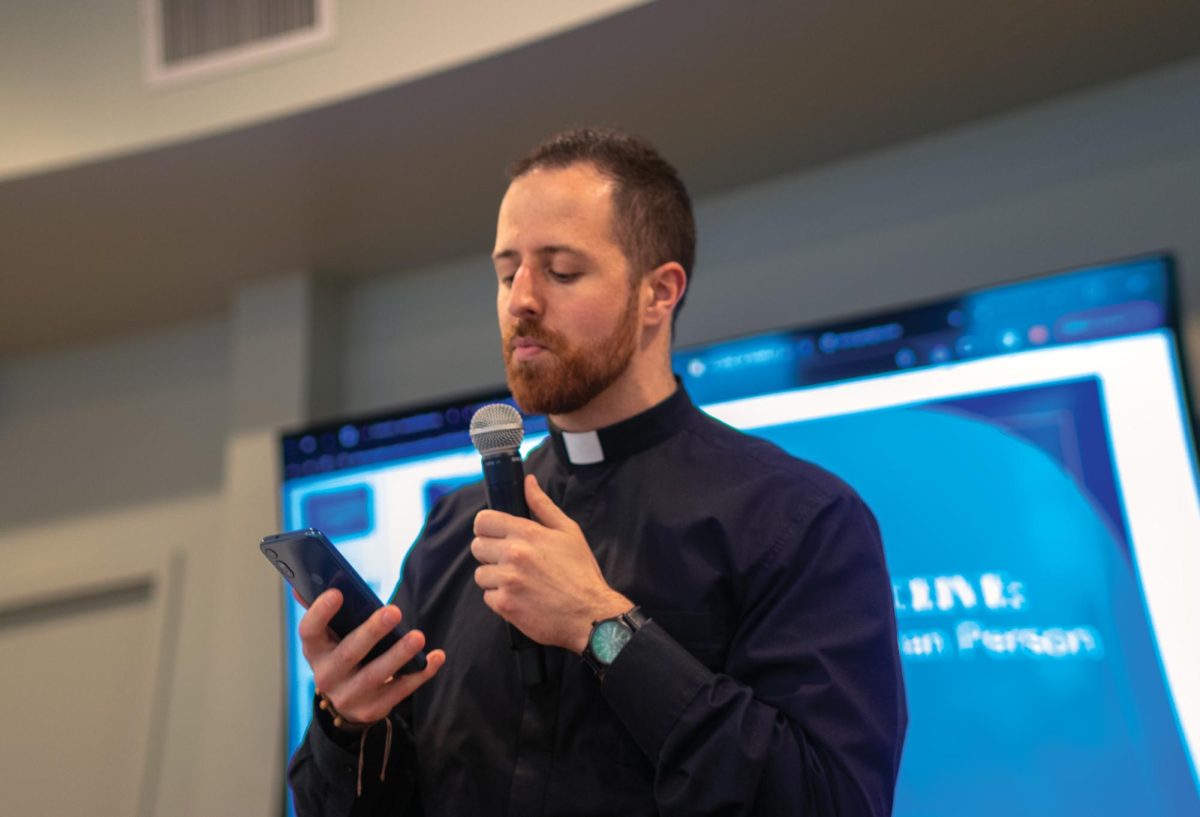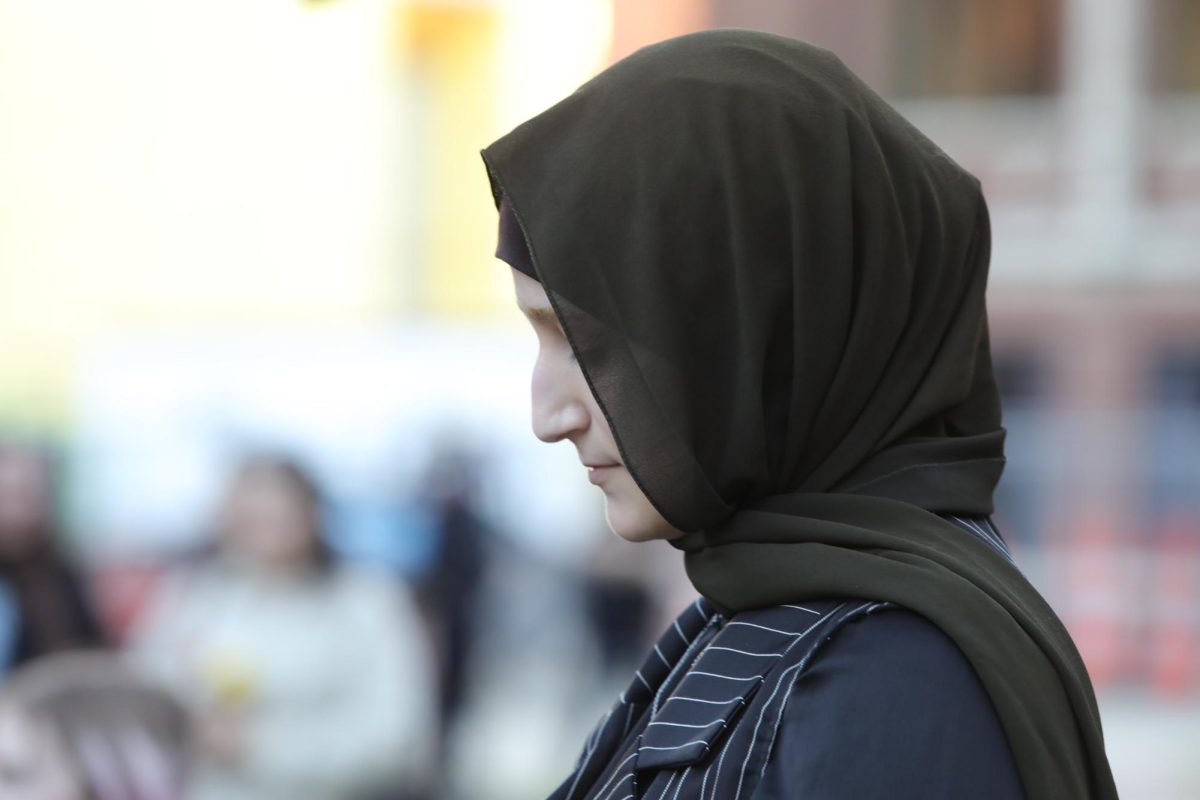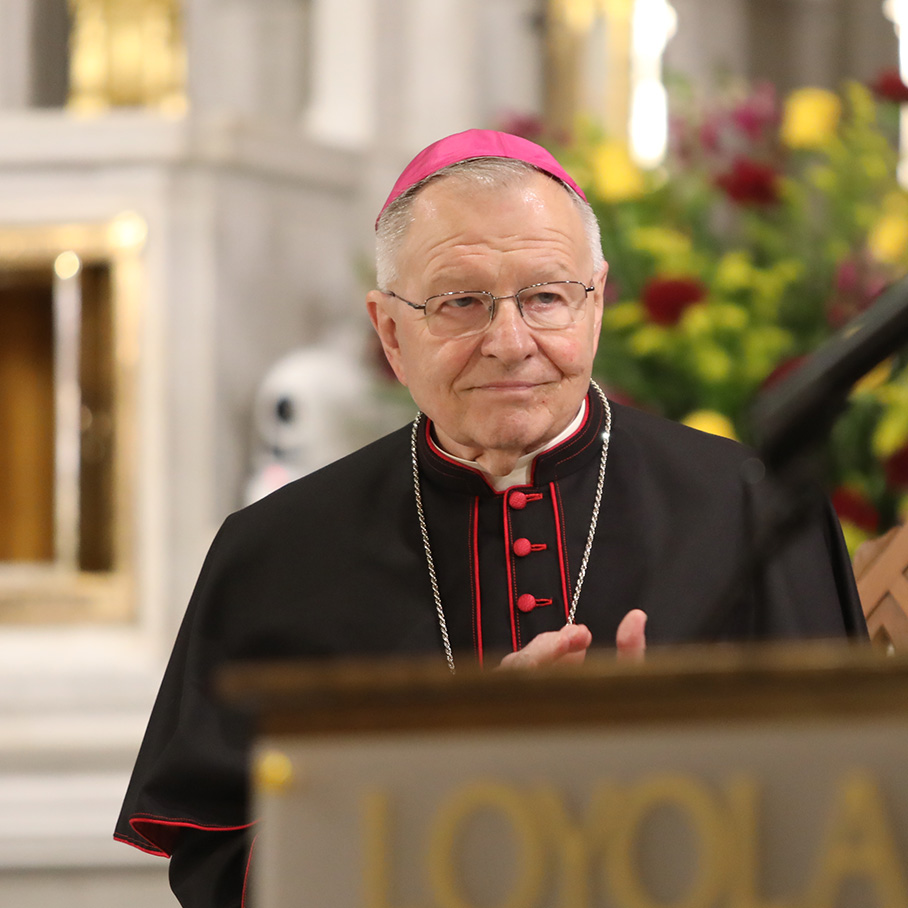VATICAN CITY – Tuesday marked the anniversary of the start of Pope Benedict XVI’s pontificate, which officially began April 24, 2005, with an inaugural Mass in St. Peter’s Square. The pope promised not to impose his own will on the church but rather to listen “to the word and the will of the Lord, to be guided by him, so that he himself will lead the church at this hour of our history.”
Seven years later, Benedict has certainly left a mark on the church, pressing a conservative interpretation of Vatican II’s key teachings, appointing like-minded bishops and making his priority the revitalization of traditional Catholicism in a world, which he often laments, seems to think that it can do without God.
He set out many of those priorities in a December 2005 speech to his closest collaborators running the Vatican, insisting that Vatican II didn’t represent a break from the past as many liberal-minded Catholics would like to think but rather a renewal of the church’s core teachings and traditions.
Last week the Vatican put those words into action, cracking down on the largest umbrella group of nuns in the United States, the Leadership Conference of Women Religious. The pope’s old office, the Congregation for the Doctrine of the Faith, appointed a bishop to revise the conference’s statutes and review its programs and publications and accused the group of taking positions that undermine church teaching on the priesthood and homosexuality while promoting “certain radical feminist themes incompatible with the Catholic faith.”
At the same time, on the very day it announced the crackdown on the U.S. nuns, the Holy See said it was nearing agreement to bring an ultra-traditionalist conservative group of Catholics back into communion with Rome after two decades of schism.
The group, the Society of St. Pius X, broke from Rome after rejecting many of the teachings of Vatican II, particularly its outreach to Jews and people of other faiths and the sanctioning of the New Mass in the vernacular that essentially replaced the old Latin Mass.
To critics, the coincidence was remarkable: the Vatican was in a way rejecting the U.S. nuns who had embraced Vatican II and its call to go out into the world to serve the poor while embracing the Society of St. Pius X which had rejected Vatican II.
Top officials at the Leadership Conference of Women Religious have said they were “stunned” by the Vatican decision and surprised by its gravity. Online petitions supporting them have been launched, and one Jesuit author, the Rev. James Martin, S.J., has started a Twitter campaign, WhatSistersMeanToMe, highlighting individual nuns who had an impact on him and others.
“Catholic sisters are my heroes: They’ve been my teachers, my mentors and my friends,” Martin said in an email. “The women represented by the LCWR fully embraced the changes that the church asked of them after the Second Vatican Council, revisiting their founding documents, throwing themselves into work with the poor, and reimagining community life, all while remaining faithful to their vows.”
Conservative Catholics have long complained that the majority of sisters in the United States have grown too liberal and flout church teaching on issues such as homosexuality and a male-only clergy. The Vatican, in its admonition of the LCWR, complained that speakers at its assemblies often contradict or ignore core church teaching and that Catholic doctrine as a whole isn’t stressed enough in the conference’s member communities.
“Benedict understands his mission as custodian of the faith,” said the Rev. Robert Gahl Jr., an Opus Dei priest and professor of moral philosophy at Rome’s Pontifical Holy Cross University. “The pope has little interest in opinion polling and focus groups. He is not going to adjust the doctrine according to popular opinion or majority belief. Benedict’s aim is to unite the church around the faith handed down by Jesus, the church’s founder.”
The Vatican spokesman, the Rev. Federico Lombardi, reached out to both dissidents and members of the schismatic Society of St. Pius X in an anniversary editorial this weekend, urging unity as the pope begins his eighth year.
“It is our hope that dissenting groups will hear his invitation to be in communion with the church and receive this invitation with respect and attention, and with an understanding of its significance,” Lombardi wrote. He added that he hoped the Vatican II anniversary “might be an occasion to promote the proper and objective understanding of the council as a ‘compass of the church of our time.'”







